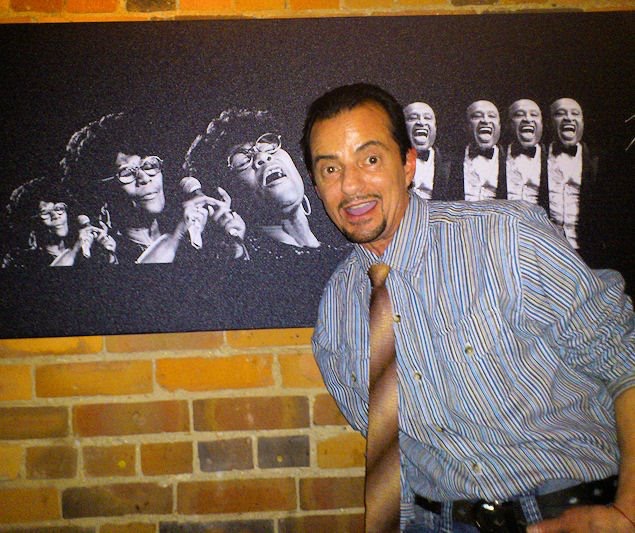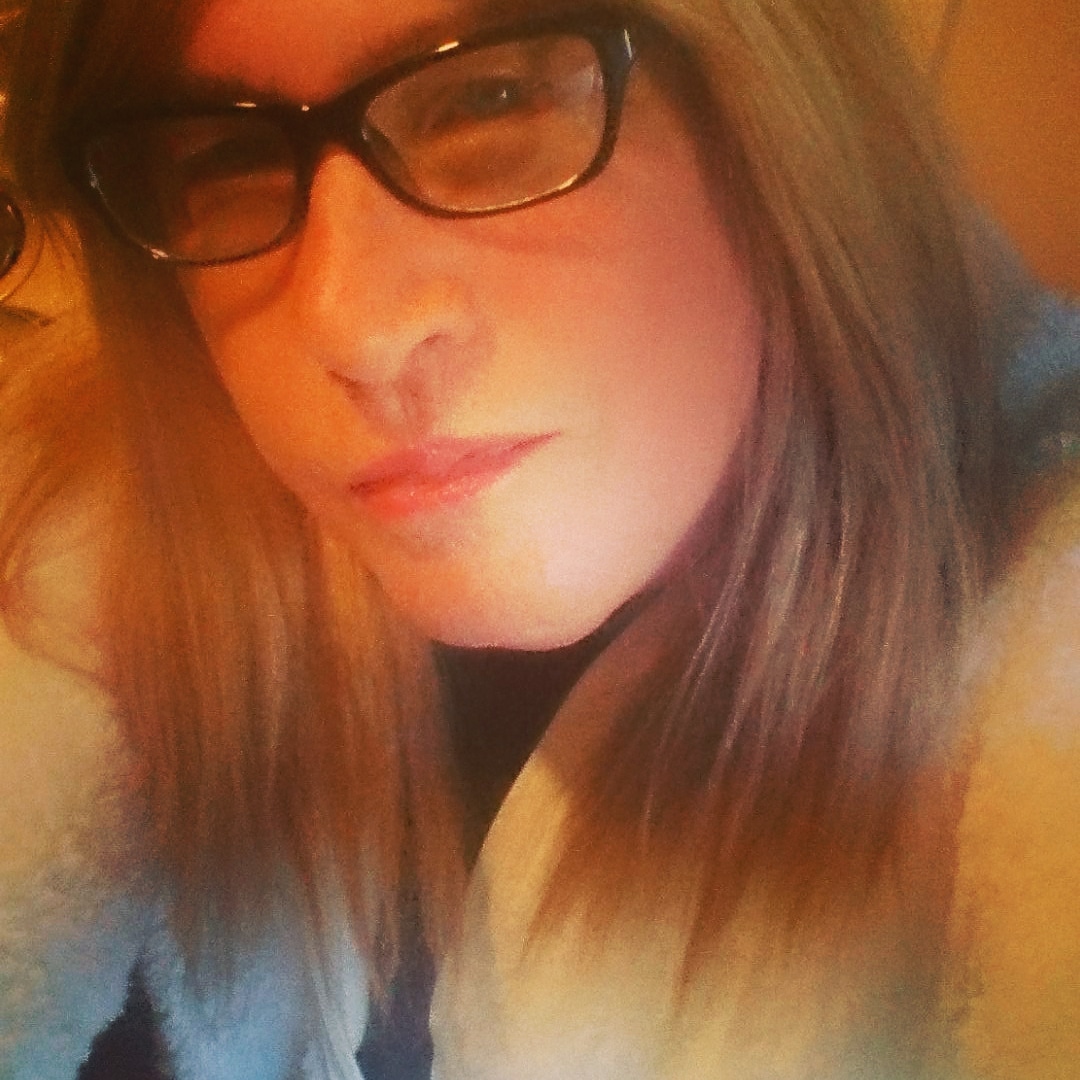Dating can be fun and dating can be hard.

Every day seems to bring a new headline proffering wisdom to guide you through: how to pick the right dating app, how to meet someone not through the internet, how to reclaim sexual intimacy as an older person, how to settle down when you’ve eschewed committed relationships for so long, or how to tell your date you have depression or a kid or you’re still reeling from your last break-up.
“Dating is hard for most people. But when you’re trans, it’s hard in a completely different way,” wrote Raquel Willis in a 2015 piece called The Transgender Dating Dilemma.
There’s discrimination: a Canadian study last year revealed the vast majority of people would not date someone who was trans, with just 1.8 per cent of straight women and 3.3 per cent of straight men saying they would choose to date a person who was trans.
Then there’s the risk of violence: studies show that a trans person is at a much higher risk of being threatened, intimidated, harassed, assaulted and killed.
And yet, there are ways in which dating as a trans person can be uniquely rewarding. Boyd Kodak, Melissa Jean Cassidy, and Sherry Sylvain talk about what’s hard and what’s wonderful about dating as a trans person living in the Greater Toronto Area.
Boyd Kodak, 65

Boyd Kodak was born in London, England, but moved to North York with his family when he was a little kid. He’s a musician, a writer, and an activist. Growing up, Kodak was raised as a girl. It wasn’t until 1994, when Kodak was 40, that he transitioned to being a man.
At the time, he was in a relationship. But when the couple broke up, Kodak was faced with the prospect of trying to date again. This time, instead of being a lesbian, he was a visibly trans man.
He watched a lot of videos, some offering guidance on how to be intimate. “It’s a whole new ballgame,” Kodak says. “Plus, I was brought up as a woman so my entire approach is not necessarily as aggressive or confident or bold as a cis gender man.”
At first, Kodak says, he stuck mostly to an LGBTQ2 environment. It was safer, he says, because not everybody knew then about trans people or non-binary people — “now it’s much more acceptable.”
- Canadian immigration officers investigating hundreds identified by extortion task force
- Ottawa expects Ukrainian emergency visa holders to return after war ends
- China drops visa requirement for Canadian tourists, business visitors
- As new EV rebate program starts, car dealers still seek past reimbursements
Acceptable doesn’t mean it’s always easy, even though Kodak is no longer visibly trans. Now when Kodak meets somebody and there’s a mutual attraction, he wonders what to do: “Do I tell them? When do I tell them? How do I tell them?”
WATCH: Honouring the LGBTQ2 community’s progress and recognizing the work still to be done

It can be scary, he says, because you just don’t know how someone will respond. Being trans isn’t something Kodak will just throw into conversation unless it comes up organically. It’s when he’s alone with someone and it’s looking like they might be intimate that he decides to tell them.
“My heart’s pounding through my chest,” he says. “I’m very nervous, anxious, scared, hopeful, and I’m excited — a full gamut of emotions.”

Get breaking National news
He isn’t one to dance around his own story. Besides, Kodak says, you can usually tell right away if someone is interested in knowing your story.
“People back up, people fold their arms, people scratch their head, they do that nervous tapping of their fingers. … You can feel the physical presence of someone backing away,” he says.
As hard as that is, Kodak says he’s mostly been lucky. Many people he’s hit it off with are really positive — there’s even a social group now for women who would prefer to date trans men.
It is, he says, “an experience like no other.”
His goal now is finding someone more serious. Kodak, who is chair of the Toronto Trans Alliance and well known for his human rights battles (“I was forced to deal with very intimate issues in a very public way”), wants someone who brings out the best in him. He wants someone kind and considerate, who isn’t too focused on money or connections.
“We all have trouble, we all have difficulties. I know that,“ Kodak says. ”But I’m looking for somebody who appreciates the little things in life.”
Sherry Sylvain, 56
Sherry Sylvain has been transitioning — “I don’t think anybody ever really finishes,” she says — for two decades. She’s in a committed, happy relationship.
But it took a lot to get here, she says. “A long time and a lot of train wrecks.”
Dating is tough because “there are a lot of men who are very interested in trans women for one reason but not the other,” she says. Basically, they come for a good time, but not a long time.
WATCH: Protecting trans and gender-diverse youth

Sylvain remembers sitting once at a bar and a man came up to ask to buy her a drink. If she isn’t interested, she politely declines. But if she is, she gives them a heads up: “First, I’m trans.”
On this particular occasion, she says the man responded with, “Oh, that’s so hot.”
She thought, “That is so the wrong response.”
It’s a red flag because it indicates they’re looking to get laid that night, Sylvain says. But when push comes to shove, “a lot of cis heterosexual men have to worry about what their friends are going to think, what their families are going to think.”
She has these friends — a cis man and a trans woman — who’ve been together for two years, since before her friend began transitioning with hormones and surgery.
Still, she says, not telling a person she’s a trans woman isn’t really an option “because if they find out the wrong way, that’s how we end up dead or at least badly beaten.”
Sylvain was assaulted once during a trip to New York. It was years ago and she was getting into a cab. The taxi driver had no idea she was a trans woman, and never did find out.
But as she was being assaulted, Sylvain remembers hoping and hoping he wouldn’t “find something he wasn’t expecting” and escalate his attack. As it was, she says, she still has lasting nerve damage.
“We are not accepted, not yet.”
WATCH: A B.C. detective’s transgender journey

Still, Sylvain says she has found happiness. She met her partner a long time ago. Slowly, over two decades, they’ve fallen in love. They got “closer and closer and closer,” she says, dating casually before they lived together part-time and before they lived together permanently.
It’s only in the last few years that he’s started to tell people that she’s trans, Sylvain says. His family disowned him. That’s hard.
But knowing that she’s loved, knowing she doesn’t have to decide when to tell someone she’s interested in that she’s trans, and doesn’t have to worry that an attempt to date will turn violent?
“I’m a lucky, lucky person.”
Melissa Jean Cassidy, 65
Melissa Jean Cassidy remembers going to the movies on Monday nights with her ex-wife. The London, Ont., theatre was often empty and the usher would come by, making a joke about “no hanky panky!”
Cassidy misses that closeness, the intimacy. Cassidy, who was still living as a man and cross-dressing in her 40s, says she probably should have transitioned then but she couldn’t.
“I love my wife,” she says. It was only when her wife said she wouldn’t accept Cassidy as a woman that Cassidy left. She moved to Toronto, temporarily in a shelter, and started to transition. That was two years ago. The couple’s divorce was finalized last year.
Now, Cassidy is finding her comfort zone — an up-and-down process that means sometimes she’ll accept a dance at the queer slow dance and other times she’s a wallflower on the edge of the room — and also her people.
“Thankfully, I’m accepted in my own community, in the trans community, for who I am,” she says, “but just to venture out and try to meet somebody is hard.”
Some of it boils down to timing. “I’m not a night person,” Cassidy says, and most events don’t start until late in the evening, 10:30 or 11 p.m.
Some of it boils down to age. Cassidy says a lot of people around her age are either already dating or they’ve been married for 25 years or they transitioned decades ago and they’ve settled, their kids fully accepting them.
While Cassidy’s son is accepting of her, Cassidy says it’s still hard. She still does wonder if she should have transitioned in her 40s instead of her 60s.
“I’m just not connecting with my age group,” she says. “That’s a problem.”
Some of it boils down to the pitfalls of internet dating. Cassidy uses the Facebook dating app, which has, through trial and error, necessitated some ground rules and judicious use of the block button.
No profile picture earns the other person an automatic unmatch, while the straight men who launch the conversation with a request for oral sex get blocked.
There is one connection Cassidy has made that she treasures.
WATCH: New Gillette ad shows father teaching his transgender son to shave

She made it, of all places, on Craigslist in London. While Cassidy’s online attempts at connection are mostly met with requests for sex, this man — we’ll call him R to preserve his privacy — was different. They talk all the time, she says, although they’re rarely in the same city.
They’ve gone on a few dates now, but it was that first date — when Cassidy was nervous but hopeful — that she remembers fondly. They met at a bar in the Village last Christmas, their first in-person meeting after more than a year of email correspondence. It was he that asked for the meet, she remembers. He wrote to her: “It’s about time we met.”
R walked right in and gave Cassidy a big hug. They spent nearly five hours together, just talking. That’s what Cassidy wants in a date: nothing too elaborate, just a coffee, a meal a few days later, lots of conversation.
“I have to find the right person,” she says. “It can’t be just anybody.”








Comments
Want to discuss? Please read our Commenting Policy first.